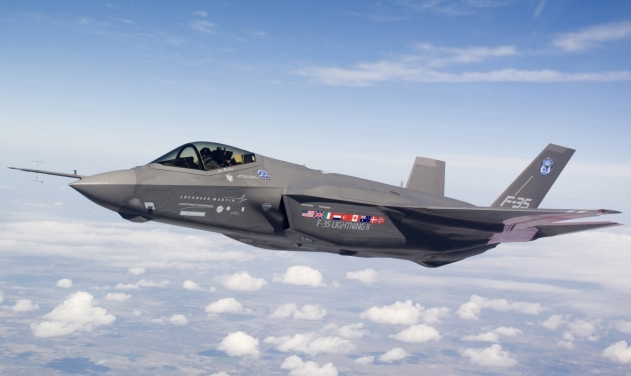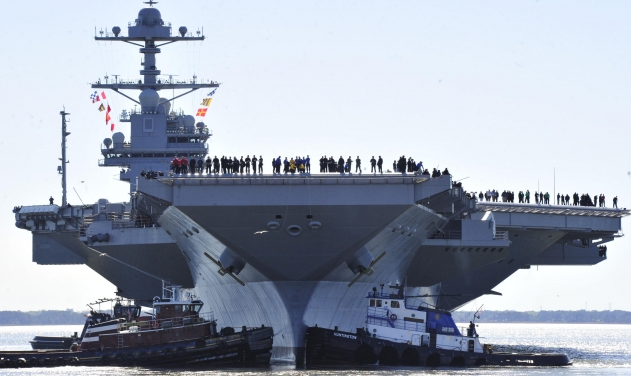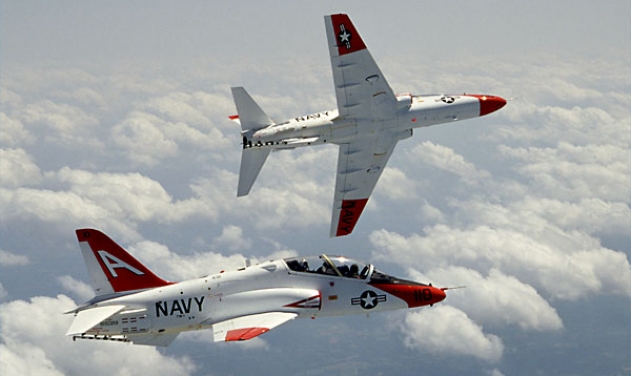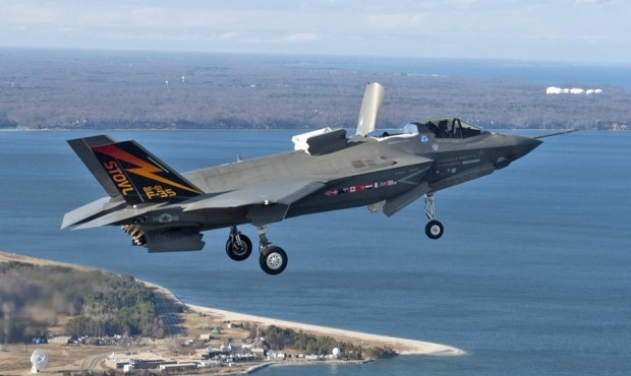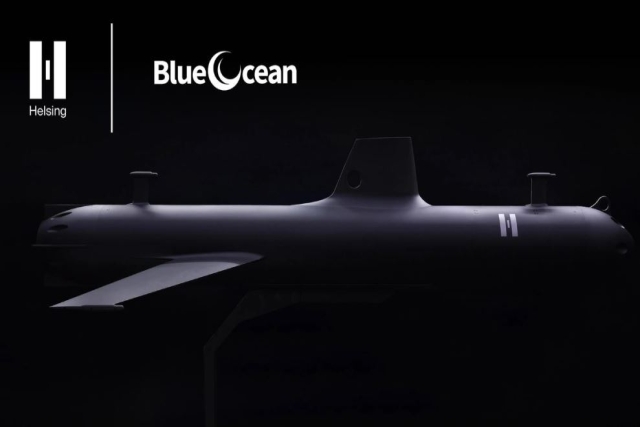New Eyeglasses To Help US Warfighters Get More Sleep
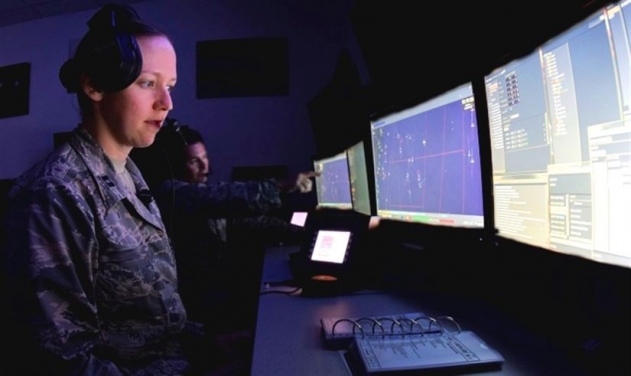
US Military Health System officials are working on lenses that can block the light that blocks the brain’s production of melatonin to help prevent sleep deprivation.
“Sleep deprivation has been a significant and well-documented issue for service members,” said Navy Cmdr. Marc Herwitz, the chief ancillary informatics officer for the Navy’s Bureau of Medicine. “It has been especially problematic for those on changing shift work schedules and those who work continuously under artificial lighting.” The Navy is responsible to the Defense Department for the manufacture of glasses and ballistic eyewear, US Department of Defense reported Monday.
“Blue light comes from numerous natural and artificial sources,” Herwitz said. “Some of the artificial sources include computers, tablets, cell phones and overhead lighting. This blue light suppresses the brain’s production of melatonin and keeps people from sleeping.”
Herwitz said using materials now available, the Naval Ophthalmic Support and Training Activity crafted a tint for safety lenses that blocks about 70 percent of blue light. Adding the tint to the lenses is inexpensive -- about the same cost as adding tinting to a pair of glasses -- and easily done, he added.
These tinted lenses are not intended to be worn all the time, Herwitz said, because people need to be alert on the job. But they can be useful as the day winds down, he explained, and suppression of blue light helps to bring on the urge to sleep. Anecdotal evidence showed the lenses are effective, but research seeks confirmation, he said.
“We just completed a preliminary study with the use of these blue-light-blocking lenses in a group of active duty military members deployed in military facilities,” said Nita Shattuck, a fatigue and sleep expert at the Naval Postgraduate School in Monterey, California. “We’re still evaluating all the data and creating control measures to test, but the results are very promising so far.”
“They’re getting more sleep,” Shattuck said, “which improves their mood and makes them less likely to be drowsy when we need them to be alert, such as when they perform security duties. Nodding off is just not an option.”
Herwitz said that depending on the results of Shattuck’s research, better sleep produced by the tinted lenses could make better warfighters.
“This eyeglass application has the potential to enhance the readiness, safety and productivity of service members and improve their quality of life,” he said. “We can help them sleep, wherever they might be.”
